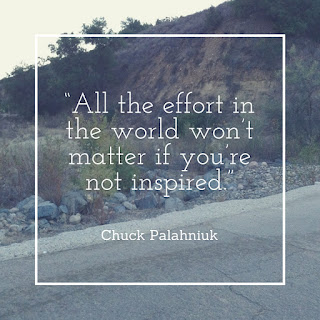What Makes A Mystery?
I started writing children's stories about dogs and cats when our writers' group challenged its members to write mysteries. We came up with a neat short template for the creation of a "quick" mystery: At number one, write down who is going to misunderstand something. At number five, write down the dire consequence of the misunderstanding. At number seven, write down the resolution – all is calm, mystery solved, misunderstanding corrected. Back to number three: What did your protagonist misunderstand? What incorrect conclusion did they draw? Number four: How did they act on that conclusion and how did it cause the dire consequences at number five. Number two: How did they come to hear/see/learn the thing they misunderstood? Number six: How did they come to realize they’d got things wrong, and how did they fix it to land us at number 7. It works for a short story, maybe, but not for a novel. After all, novels need multiple peaks and troughs, problems that bui...


